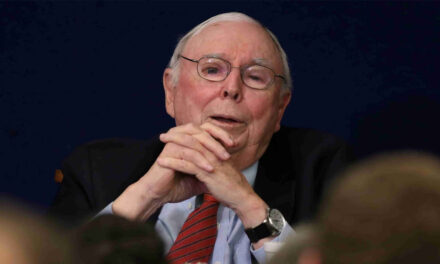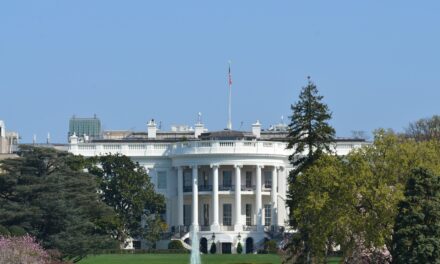The Federal Home Loan Mortgage Corporation (Freddie Mac) advised the public that 30-year fixed-rate mortgages averaged at 6.94% this week. This is 0.02% higher than where it was last week and 3.85% higher than it was at this time last year.
According to Freddie Mac chief economist Sam Khater, 30-year fixed-rate mortgages are edging closer to the critical 7% rate – something which has negatively impacted the US housing market by way of decreasing demand.
Since January, US mortgage rates have more than doubled in light of the Federal Reserve’s aggressive interest hikes as a way to cool off surging inflation rates. Indeed, mortgage rates have become increasingly volatile throughout this year thanks to the Fed’s hawkish stance on hiking interest rates, a recession looming on the horizon, as well as the ongoing volatility of the global economy as a whole.
As of October 20th, the US is currently in its longest-running slump in home sales since the subprime mortgage collapse that occurred back in October 2007. Since February, people have shied from buying new homes, resulting in a sharp drop in sales.
What’s the Fed Got to Do With It?
The Fed may not be the agency setting the interest rates borrowers pay on their mortgages, but its aggressive approach to stemming inflation has hit the housing market hard.
Historically, mortgage rates mirror the yields on ten-year Treasury Bonds. Whenever the Fed is poised to hike interest rates, investors make decisions that could send both yields and mortgage rates soaring.
With ten-year Treasury bonds hitting its most astronomical high since 2008, analysts expect mortgage rates to get higher in the coming weeks, causing an even deeper slump in the market as potential buyers balk at the possibility of higher mortgages.
According to Joel Kan, vice president and deputy chief economist of the Mortgage Bankers’ Association (MBA,) mortgage applications are down for the fourth consecutive month and now stand at the lowest they have been in 25 years.
Kan stated that both home sales and the construction of new homes have fallen since rates began rising. He added that the rapid rise of mortgage rates has significantly lowered refinancing activities and made existing issues regarding affordability in the purchase market worse.
The MBA’s recent report on the housing market likewise noted that the number of applications for buying homes were down by around 38% from where they were last year. Refinancing also took a serious plunge, dropping by 86% from last year’s rate.















